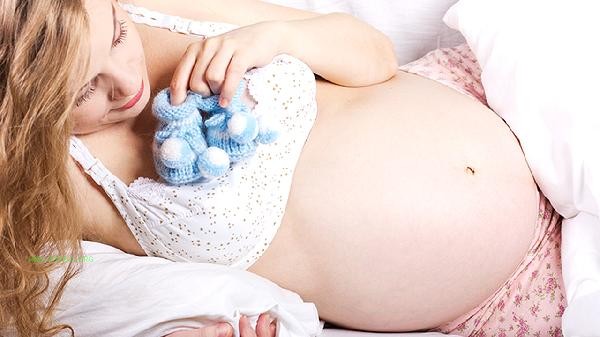The probability of a pregnancy varies from person to person, mainly related to factors such as sexual intercourse during ovulation, age, fertility, contraceptive measures, and lifestyle habits. Healthy women of childbearing age have a single pregnancy probability of about 20 to 30% after unprotected intercourse during ovulation.

1. Sexual intercourse during ovulation
Women have the highest probability of conception during sexual intercourse before and after ovulation each month. Sperm can survive for 2-3 days in the female reproductive tract, and for 12-24 hours after egg release. Having sex 1-2 days before ovulation can increase the chances of conception. Women with regular menstrual cycles can monitor ovulation days using basal body temperature or ovulation test strips.
2. Age Influence
Female fertility peaks at 25-30 years old, and ovarian function gradually declines after 35 years old. The probability of natural conception for women under 30 years old is about 25% per month, decreasing to around 15% for those over 35 years old, and may be less than 5% for those over 40 years old. Aging can lead to a decrease in egg quality and irregular ovulation.
3. Fertility
Both parties' reproductive system health is the basis for conception. Female fallopian tubes are unobstructed, the endometrium is normal, and male sperm count and vitality meet the standard to ensure normal conception. The presence of polycystic ovary syndrome, endometriosis, or abnormal sperm can significantly reduce the probability of conception. It is recommended to undergo fertility assessment before pregnancy.

4. Contraceptive measures
Using condoms, oral contraceptives, etc. can effectively prevent pregnancy. But a broken condom or missed use of contraceptive pills may lead to unintended pregnancy. The success rate of intrauterine device contraception is relatively high, and fertility can be quickly restored after removal. The probability of natural conception after sterilization surgery is extremely low, and assisted reproductive technology is needed for pregnancy.
5. Lifestyle Habits
Smoking, alcohol abuse, obesity, or excessive weight loss can all affect hormone levels. Excessive stress can suppress ovulation, and regular sleep and balanced diet can help maintain normal reproductive function. Moderate supplementation of nutrients such as folate and vitamin E can improve the quality of eggs and sperm, but it should be used under the guidance of a doctor.

It is recommended to maintain regular sexual intercourse 2-3 times a week during pregnancy preparation to avoid psychological pressure caused by excessive calculation of ovulation days. If couples under the age of 35 have had regular sexual intercourse for one year but have not become pregnant, or if couples over the age of 35 have not become pregnant for six months, they should promptly seek medical attention at the reproductive medicine department. Supplementing with folic acid three months before pregnancy, avoiding exposure to toxic and harmful substances, and maintaining moderate exercise and a peaceful mindset can help increase the probability of natural conception.





Comments (0)
Leave a Comment
No comments yet
Be the first to share your thoughts!